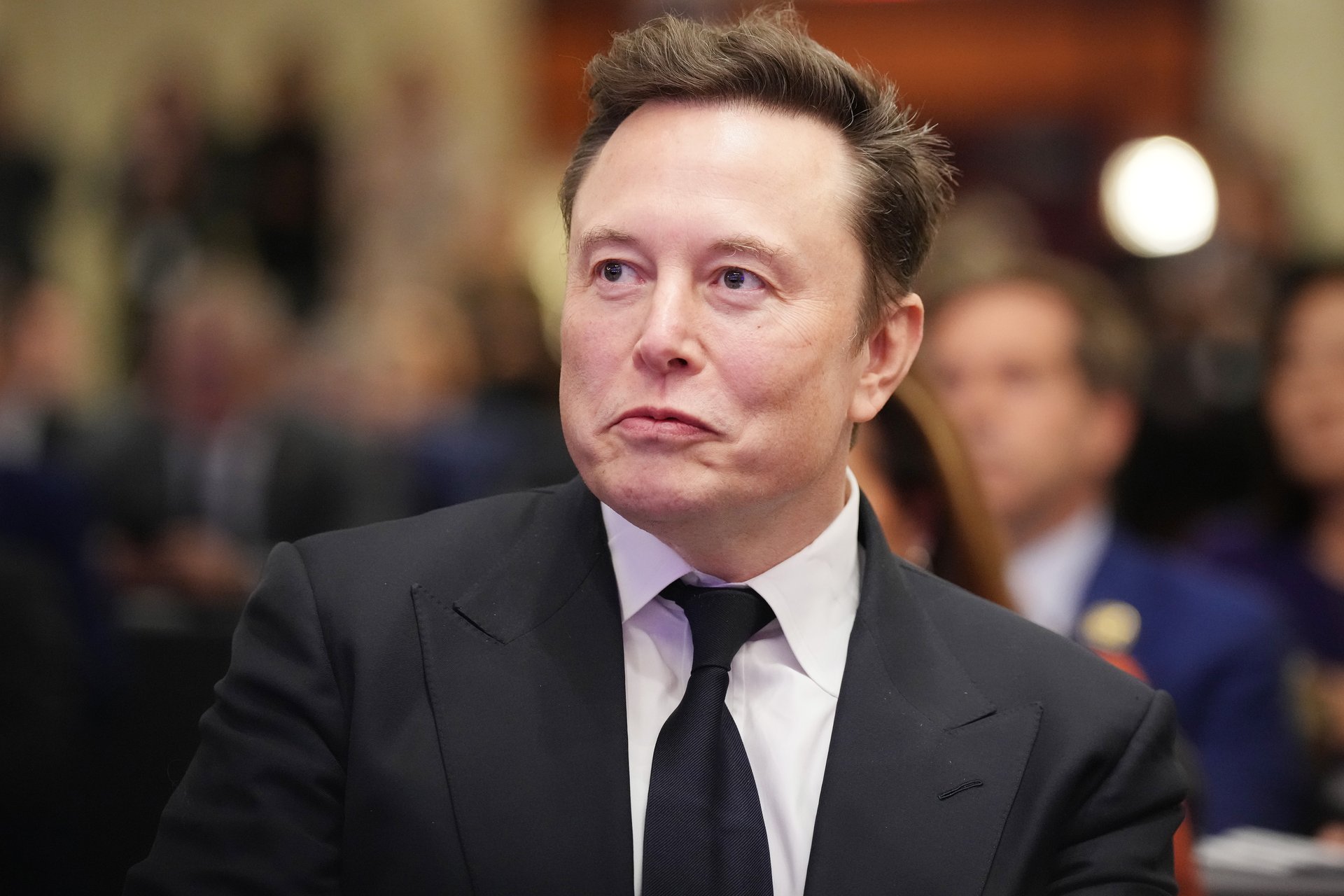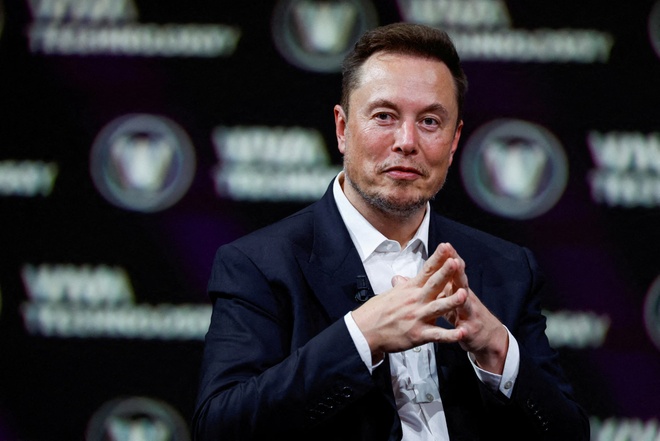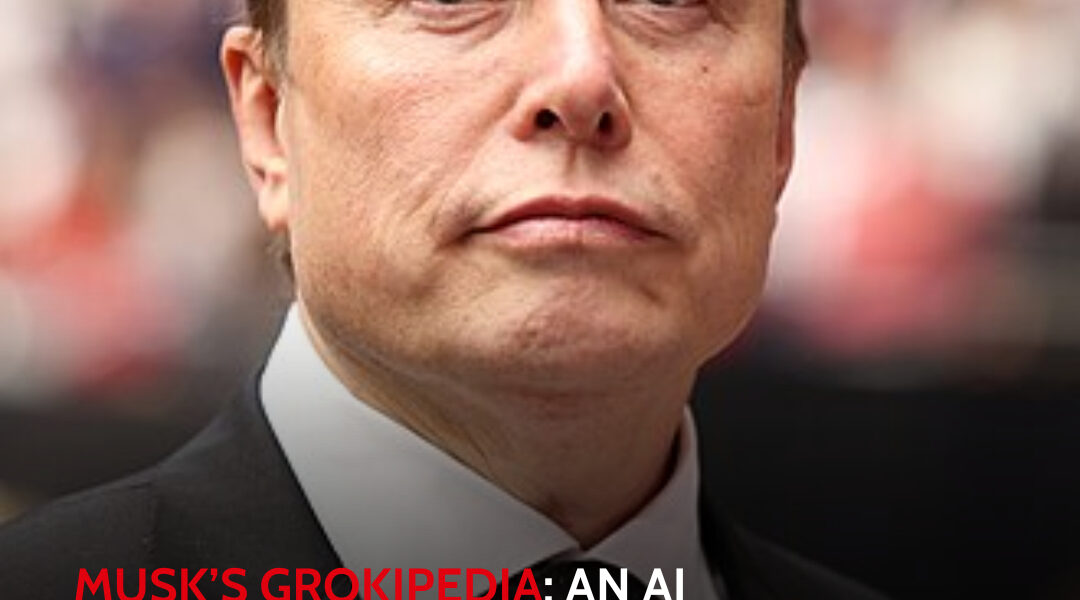In a move that has sent ripples through the tech world and beyond, Elon Musk’s AI startup xAI has launched Grokipedia, an artificial intelligence-driven online encyclopedia positioned as a direct alternative to the century-old model of crowd-sourced knowledge. Released on October 27, 2025, in its beta version v0.1, Grokipedia went live with nearly 900,000 articles and a bold claim from Musk himself: this platform will “purge out the propaganda” he says has infected Wikipedia. (Fox Business)

A New Platform, A New Mission
Musk has long criticized Wikipedia for what he perceives as ideological bias, writing on X (formerly Twitter) that the nonprofit platform is part of “legacy media” and suffers from “left-wing” or “woke” influence. (The Atlantic) With Grokipedia, the mission is clear: build an AI-powered encyclopedia that can provide “truth, the whole truth and nothing but the truth,” as Musk put it in a launch-day post. (ABC7 Los Angeles)
Unlike Wikipedia, which relies on volunteer editors and transparent revision histories, Grokipedia’s articles are generated by xAI’s large language model “Grok” and are fact-checked (or at least labeled) by the same system. Human editing or community moderation is notably absent. (The Guardian)
The Launch, and the Early Hiccups
The site’s homepage is minimalist: a dark-themed search bar, the slogan “v0.1,” and the promise of “10× better than Wikipedia” in the next version, according to Musk. (TUOI TRE ONLINE) But the launch was not without problems — heavy traffic caused the platform to crash shortly after going live. Reports suggest it collapsed under its own hype. (Fox Business)
While Grokipedia launched with approximately 885,000 to 900,000 articles, Wikipedia’s English-only index already surpasses 7 million. (Business Insider) Several early visitors noted pages that appeared nearly identical to Wikipedia entries — sometimes verbatim or lightly adapted — raising questions about originality and licensing. (Gagadget)

Content and Controversy
Media outlets have flagged concerns about bias, accuracy, and transparency. For example, The Guardian noted that many Grokipedia entries reflect conservative viewpoints, particularly on contentious topics such as gender transition, historical events, and political figures. (The Guardian) Le Monde observed pronounced right-wing slants in some of the platform’s first articles. (Le Monde.fr)
One academic warned: “Controlling information sources equates to consolidating power.” (WebProNews) Critics say that without a broad community of editors and open verification, Grokipedia may become a tool for amplification of ideological narratives rather than neutral knowledge.
On the flip side, supporters see the project as a bold bet on AI-driven knowledge creation — free of “editorial gatekeeping,” and aligned with Musk’s vision of a new era of information.
What’s Different—and What’s the Same?
Here are some key differences between Grokipedia and Wikipedia:
-
Authorship & editing: Wikipedia is collaboratively written and edited by volunteers; Grokipedia is generated by AI and cannot be edited directly by users (only flagged for errors). (The Bridge Chronicle)
-
Scale: Grokipedia launched at under 1 million articles vs. Wikipedia’s many millions. (Business Insider)
-
Bias and viewpoint: Grokipedia touts a “truth purge” of perceived bias, but early content suggests significant ideological leaning. (The Guardian)
-
Source transparency: Wikipedia provides citation histories; Grokipedia’s model remains opaque about its data sources and editorial standard. (Wikipedia)
Yet, some foundational aspects remain similar: many Grokipedia entries rely on Creative Commons material originally from Wikipedia, and the site uses the familiar encyclopedia search engine approach. (Gagadget)
The Stakes: Why This Matters
When one of the world’s richest individuals and leading AI engineers launches a new knowledge platform, the implications are profound. Grokipedia could reshape how millions access and trust information online.
If Musk’s narrative is correct, the platform challenges longstanding institutions of knowledge and aims to redefine “who controls the truth.” If critics are correct, this could be the next battleground in the ideological war over information.
Immediate Reactions
The launch has triggered polarized responses:
-
The Wikimedia Foundation, Wikipedia’s parent nonprofit, noted it was still evaluating Grokipedia, but emphasized the continued value of human-driven knowledge creation. (ABC7 Los Angeles)
-
On social media, debates erupted. Hashtags such as #Grokipedia trended as users discussed the platform’s potential and pitfalls.
-
Analysts from tech universities cautioned about the long-term viability of a closed AI encyclopedia without community input. (The Bridge Chronicle)

What’s Next?
xAI promises rapid iteration. Musk said version 1.0 will be “10× better” than version 0.1, promising improvements in scale, accuracy, and user interface. (TUOI TRE ONLINE) The roadmap suggests greater integration with Musk’s other platforms (like X and Tesla) and possibly multimedia content — turning Grokipedia into a broader “knowledge network” rather than just a static encyclopedia.
For now, the platform remains in its early stage. Millions of users will be watching closely to see whether Grokipedia delivers on its promise of neutrality and truth, or whether it becomes a curated echo chamber of Musk’s worldview.
Final Word
In the words of Musk: “The truth doesn’t stop when the racing does.” Replace racing with “knowledge,” and you may grasp Grokipedia’s ambition. But truth, like knowledge, is rarely forged by one mind alone.
Whether Grokipedia becomes a credible source of global information or a controversial footnote in the history of AI remains to be seen. One thing is clear: the war over narrative and knowledge has entered a new, machine-driven phase — and Elon Musk has placed his flag at the front line.




